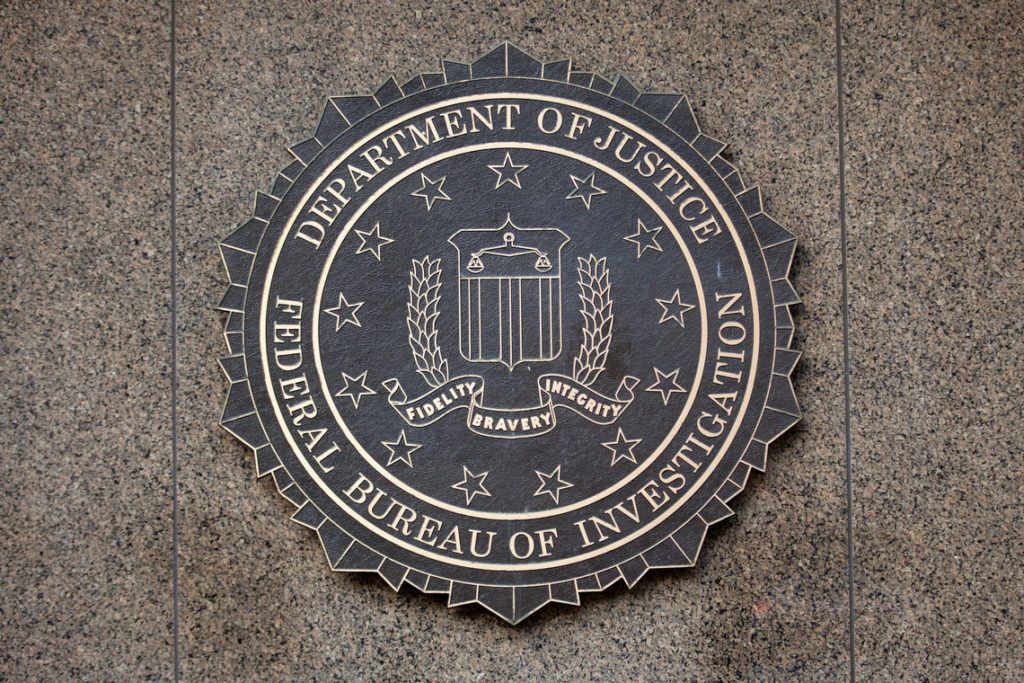The U.S. Justice Department now says all online gambling is illegal, not just sports bets https://t.co/0G4aiDLaJF
— Bloomberg (@business) January 22, 2019
Out with the old
The surprising announcement came through a 23-page opinion from the DoJ legal team detailing that the previous 2011 decision was a misinterpretation of the law. That ruling had indicated that, while the transfer of funds would be a violation of the law, the transfer of data would not be based on a simultaneous reading of the Unlawful Internet Gambling Enforcement Act (UIGEA). Taken together, these two statutes could be read to prohibit interstate gambling, but not internet gambling, where simple data is sent across state lines. This opinion almost immediately led to a huge increase in the amount of online gambling — both by established companies and by startups, including cryptocurrency companies.
In with the new
Nevertheless, the DoJ criminal division now argues that the law should apply to all betting in order to limit the movement of funds or data across state lines. Rather than simply sports betting, this new opinion will make all internet gambling illegal by falling within the purview of the original 1961 law — effectively overturning the 2011 interpretation. The opinion would not limit physical gambling within states, whether on sports or in other areas. However, because tracing the movement of data and funds would be prohibitively difficult, it would effectively halt any such activity online. The cryptocurrency online gambling market had surged in recent years because blockchain technology offers trustless interactions between players without the costly expense of a third party to manage transactions. In a nutshell, it offers the perfect framework for online betting. No wonder, then, that the industry had begun to grow. The initial coin offering (ICO) craze through 2017 and part of 2018 had led observers to begin to hope that online gambling would become one of the most robust use-cases for cryptocurrency in the marketplace. The potential for huge revenue streams and an already-growing market seemed to be the perfect storm.However, these hopes appear to be dashed with the recent opinion. In spite of suggestions that this new interpretation may be challenged legally, companies will certainly be forced to carefully evaluate what type of gambling they’re offering. It appears at the moment that the opinion may completely halt all such activities indefinitely. One silver lining exists, however. Because this ruling affects a number of large financial institutions, it is likely that the legal case would be carried on by those with deeper pockets than most ICOs. Think online crypto gambling is dead? Or will the opinion be reversed? Let us know in the comments below!Gambling dApps are now doing over $30 million in daily tx volume – a yearly run rate of over $10 billion in tx volume.
— Kevin Rooke (@kerooke) January 21, 2019
Assuming a house-edge of 1%, that's over $100 million per year in gambling dApp revenues.
The Las Vegas strip does $10 billion per year in gambling revenue.
Disclaimer
In adherence to the Trust Project guidelines, BeInCrypto is committed to unbiased, transparent reporting. This news article aims to provide accurate, timely information. However, readers are advised to verify facts independently and consult with a professional before making any decisions based on this content. Please note that our Terms and Conditions, Privacy Policy, and Disclaimers have been updated.

